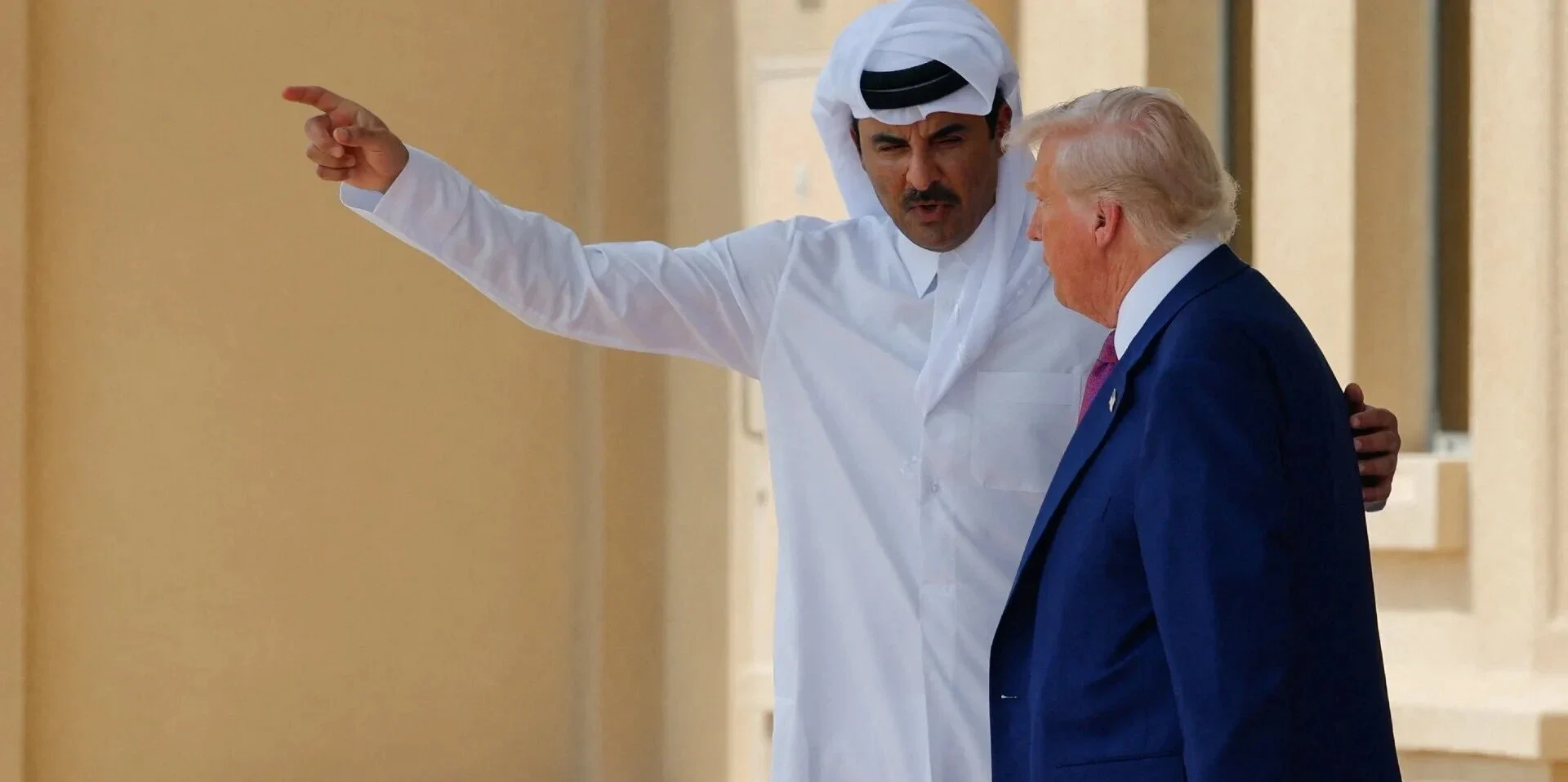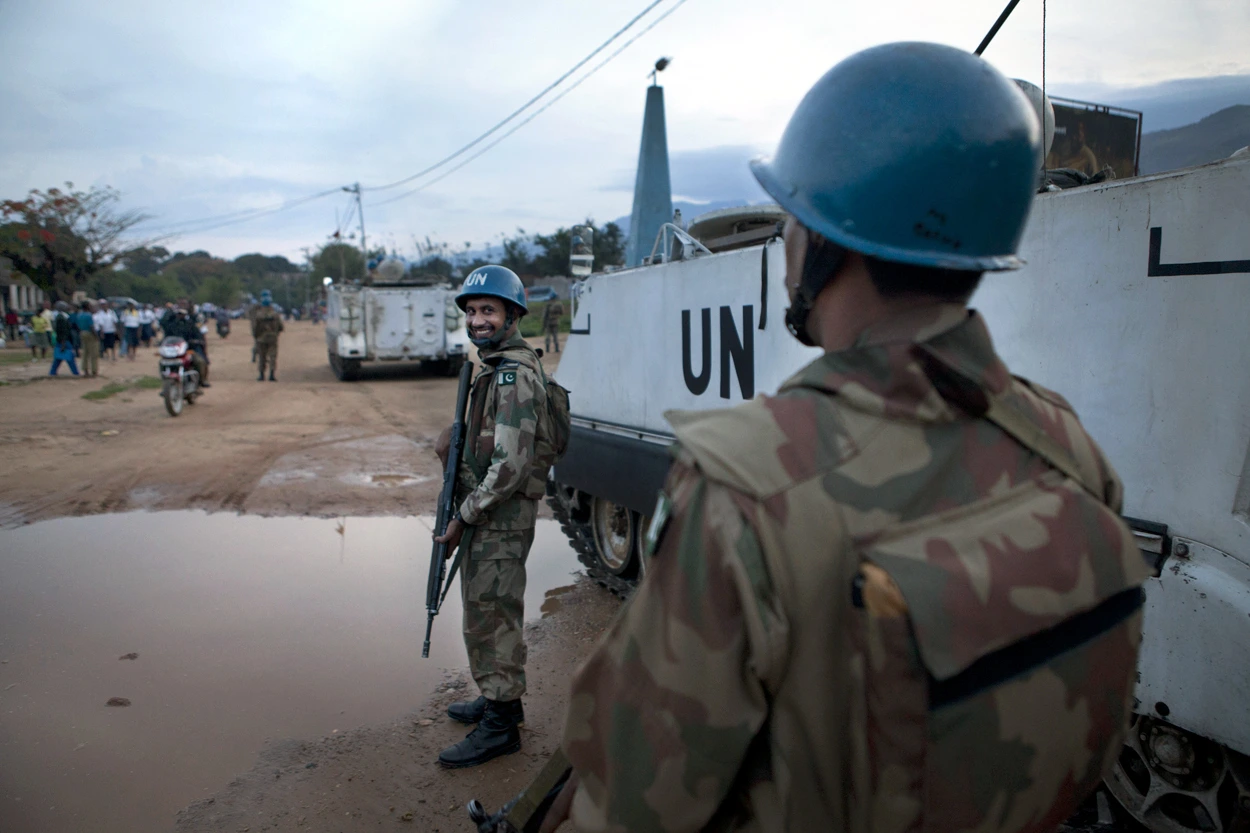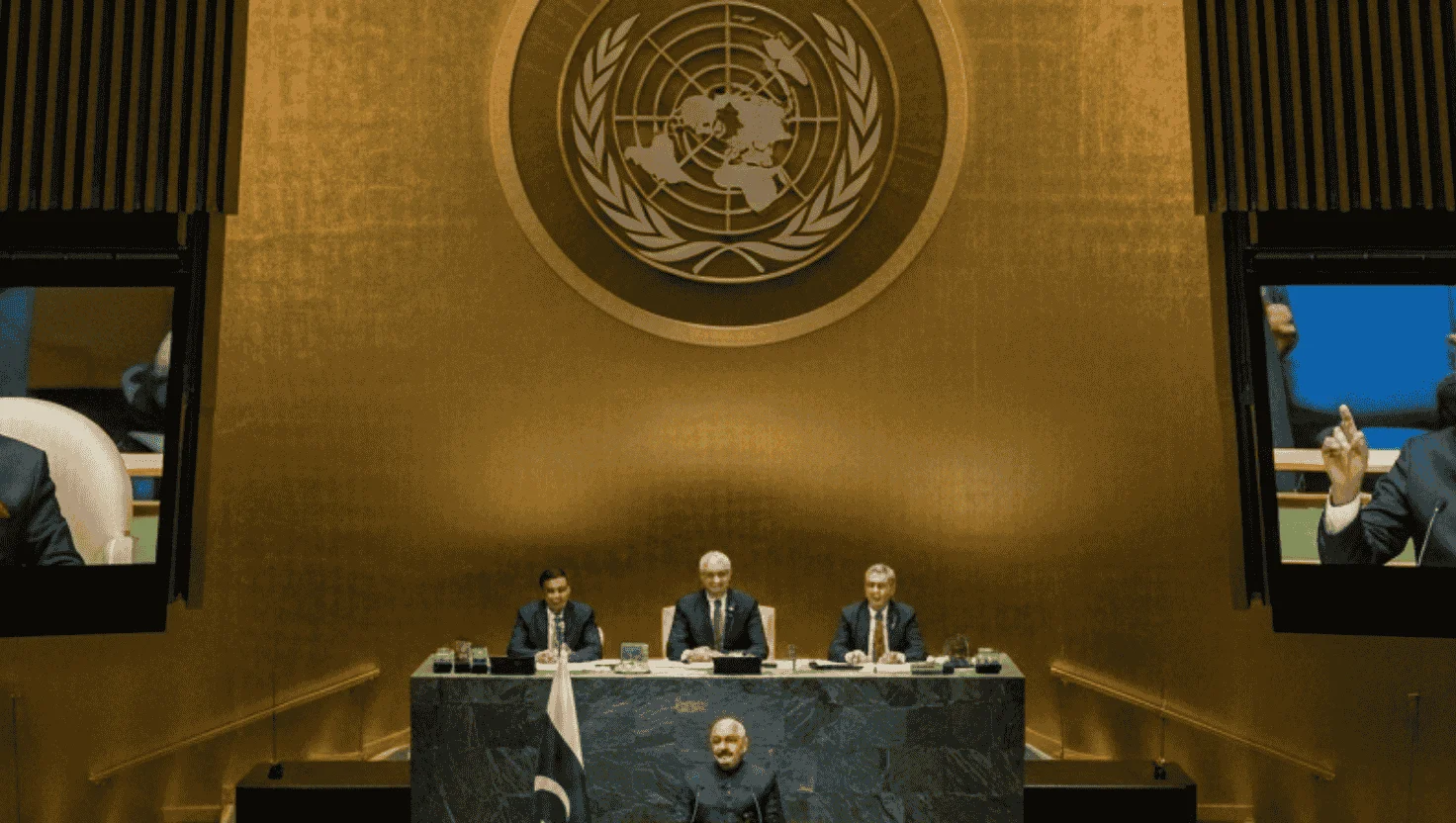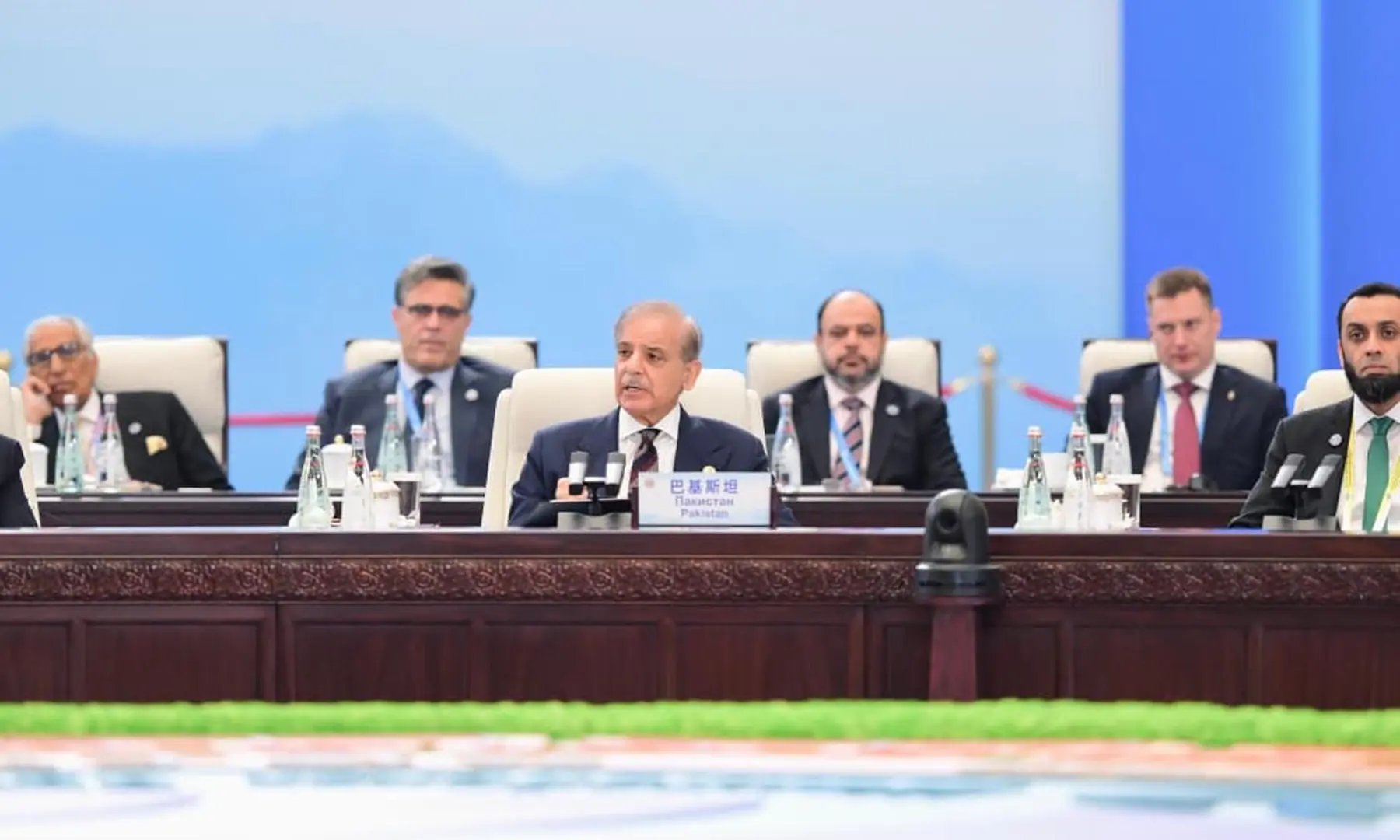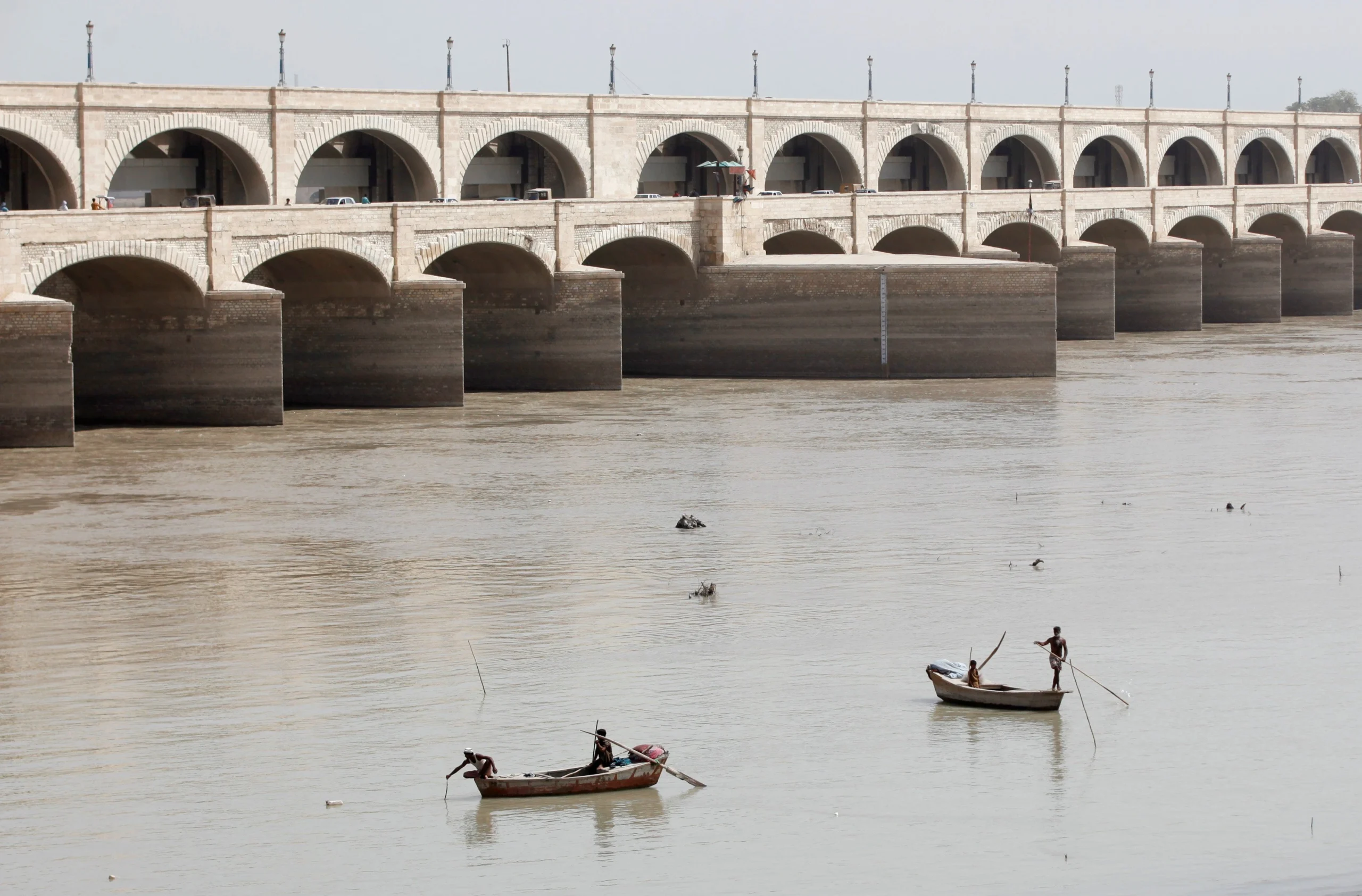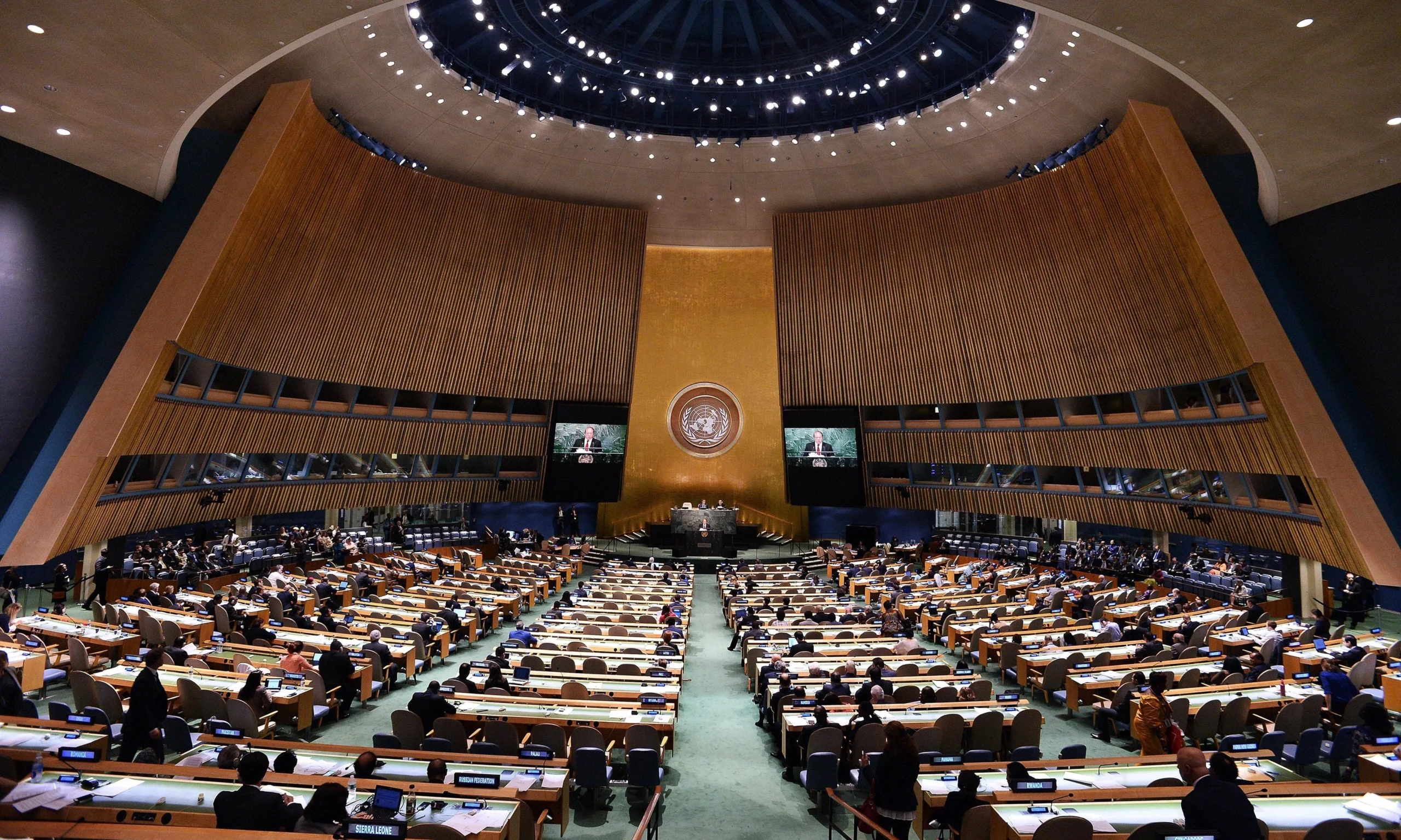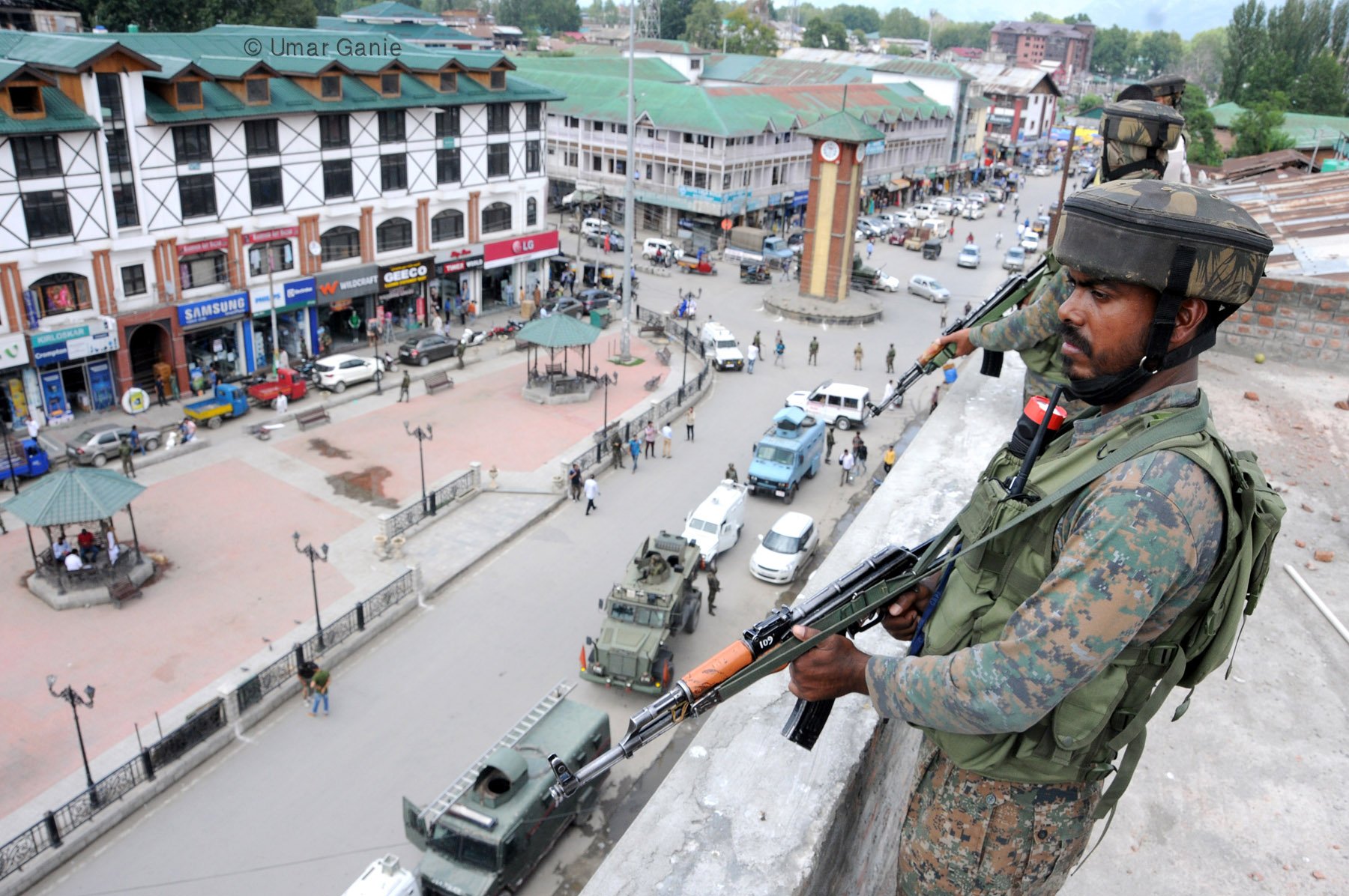
Zionism, Gaza, and the Crisis of Civilisation: The Exhaustion of the Western-Led World Order
The Gaza war highlights how Zionism functions as a structural contradiction within the Western-led order, exposing its exhaustion and accelerating a wider civilisational crisis. What is unfolding is not simply another regional conflict but evidence that the very system once projected as the “endpoint of history” is unable to enforce norms, restrain its clients, or reconcile its internal contradictions.

